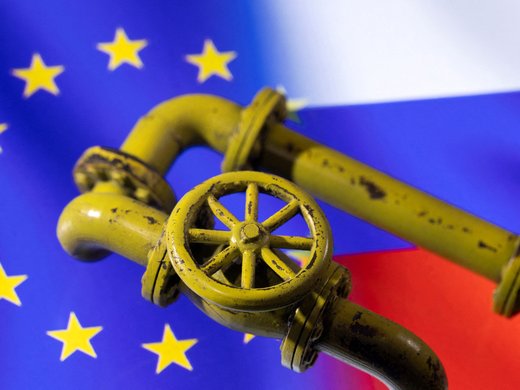Le Canada entretient un rapport compliqué avec la question du droit des entités infra-étatiques de conclure des traités. Le présent texte explore la contribution de la pratique du Canada au développement du droit international applicable aux traités conclus par les entités infra-étatiques. Cette pratique est entendue au sens large, comprenant à la fois celle du Canada et de ses provinces. Dans une première partie, une typologie de la pratique conventionnelle du Canada est réalisée. Dans une seconde partie, les questions juridiques internationales soulevées par cette pratique sont examinées.


